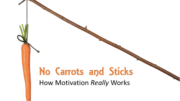As an MNC Head, I was one among the first few to introduce a new SFE (sales force effectiveness) tool to improve the efficiency of the sales management process.
So, with the help of external technology developers, we managed to get a reasonably useful tool that suited the then organisational needs and the Indian ecosystem.
Understanding the limitations of the available technology and connectivity, it was decided that the Sales force team members will visit and connect through the cyber cafes, once in two days and fill in the required data.
Despite the initial training and required communication, to our surprise, there was reluctance and to a certain extent resistance to use the new SFE tool.
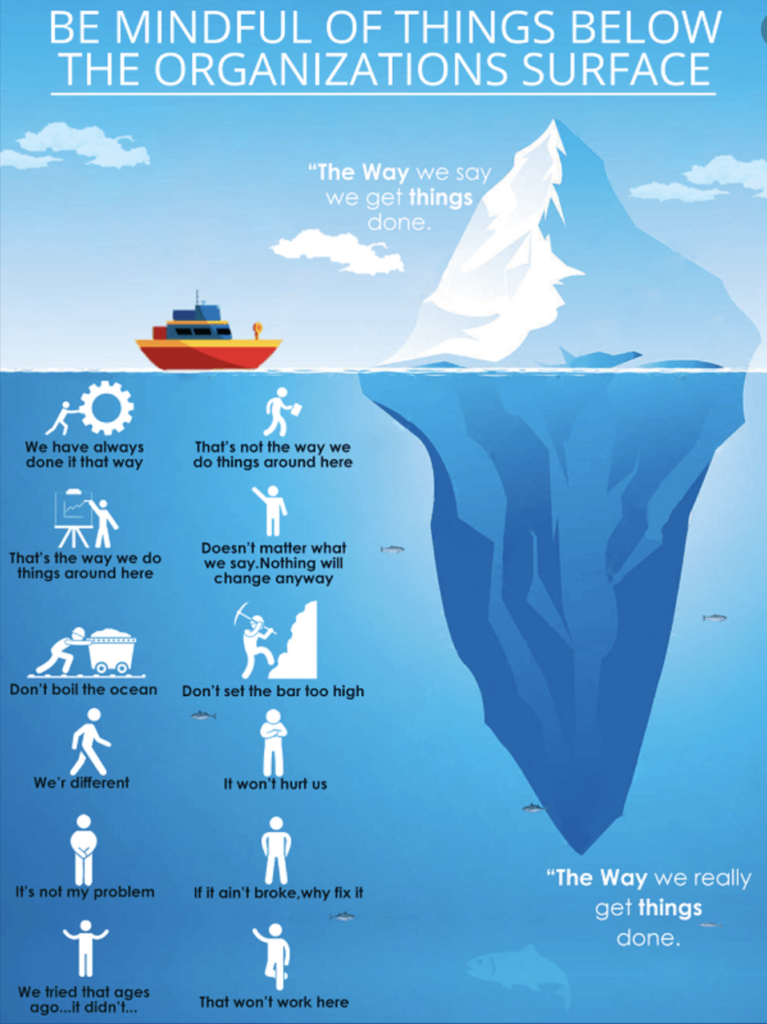
Contrary to popular belief, this had nothing to do with how much someone understood or liked the change.
During tea breaks in the sales force meetings, some of the comments that was overheard were:
“We tried these 2 to 3 times and it didn’t work.”
“The connectivity in cyber cafes are poor.”
“No time to go to cyber cafes.”
Surprisingly in few places the sales people were fine, and it was the managers who were resisting the change!
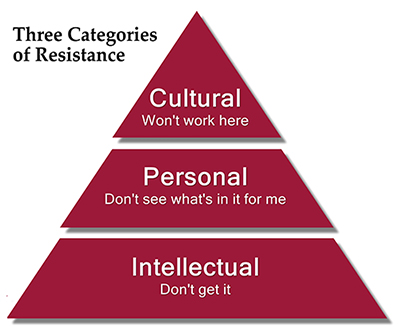
An important point to remember during any change, whether it is perceived as negative or positive, is that different people will have different reactions and resist it.
We made an effort to understand as to what caused resistance to change and went about working on it.
• Not being consulted
• Lack of communication
• Threat to expertise or status
• No clear benefits or values
• Unclear on the need for change
• Effort required to learn
• Lack the skills to use the new tool
• Distrust between management and staff
• Hardwired habits
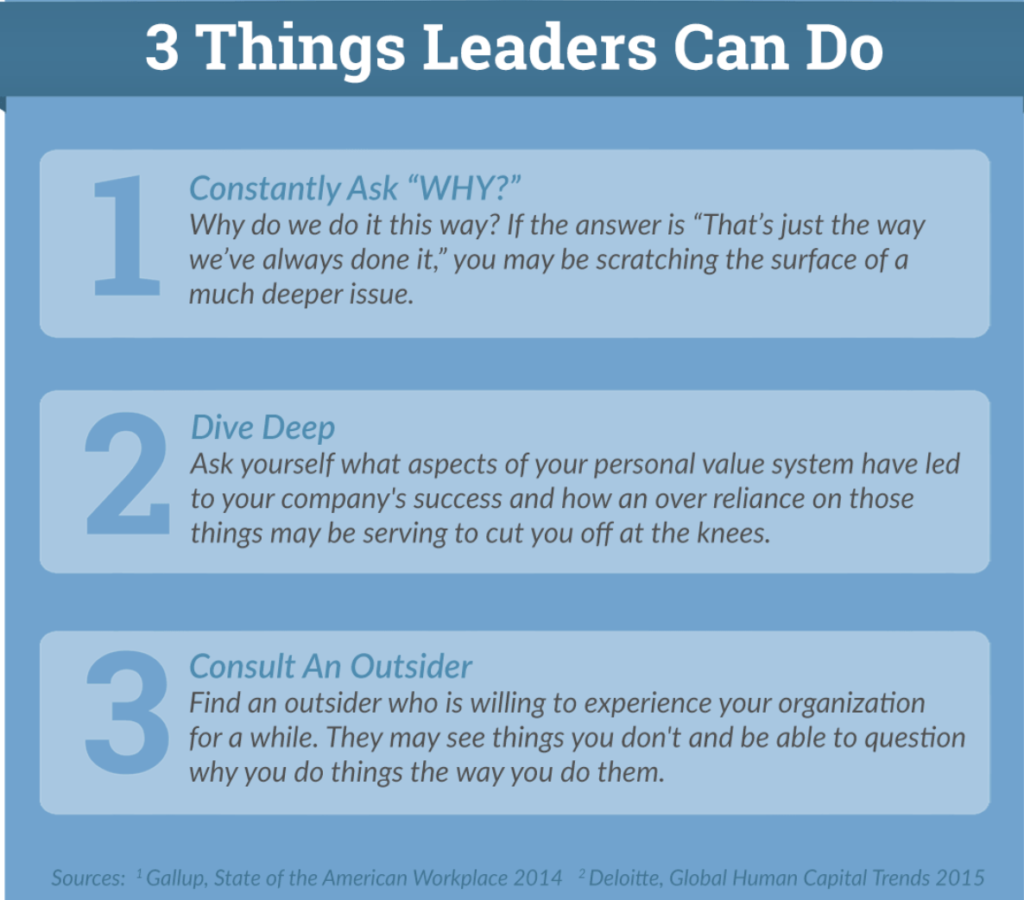
1. Simply put, the easier it is to use your new technology, the quicker the adoption.
2. Connected to the user needs – how does it affect me? People wanted to know how it directly impacted and transformed their working lives.
3 Shared the tool ownership – is this actually for me? When we included some actual users demonstrating that the tool was an enabler, rather than a substitute, it led to successful adoption.
4. Social approval being a powerful thing, getting a solid group of early adopters to start successfully using and enjoying the new tool was a great catalyst for an overall buy-in.
5. Team members were asked if they have specific training ideas and suggestions, or if they wanted a one-on-one demo for functionality, specific to their role.
6. Established new routines… when to be used and how will it have fitted into their established workflow?
This helped in establishing that managerial (including top management) support was always available with the goal being an integral part of an engaged, happy and productive workforce.
This example is one of those amongst the countless types of resistance I have faced during a change journey.
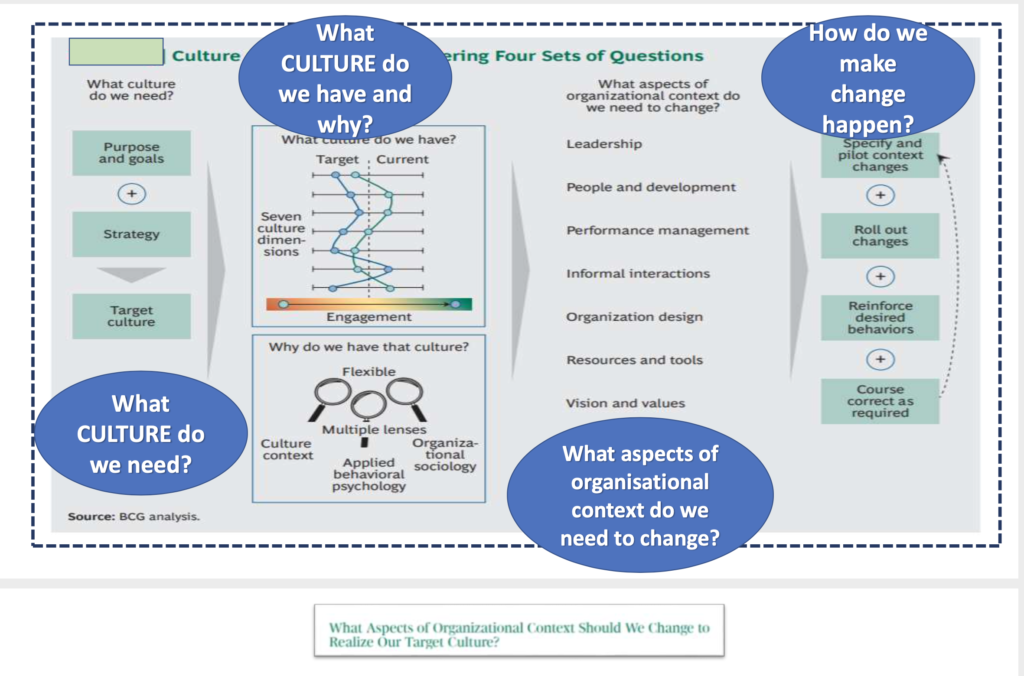
To better understand how culture impacts change efforts like Digital Transformation, watch the webinar and the live discussion with Hariram Krishnan, former Managing Director of Galderma India.
Join Digital Excellence Pharma Academy (DEPA)- a partnership between MedicinMan and CredoWeb to enable Indian Pharma sales and marketing professionals to gain insights that will trigger digital adoption in their companies.
Go to www.credoweb.in and register as a Pharma Professional and await the invitation to join – please provide accurate details about your company, designation, mobile and email to facilitate quick verification. DEPA is open to people working with Indian pharma/devices/diagnostic and disposable companies.
K. Hariram is the former M.D. (retd.) at Galderma India. He is Chief Mentor at MedicinMan and a regular contributor.
Email: khariram25@yahoo.com




